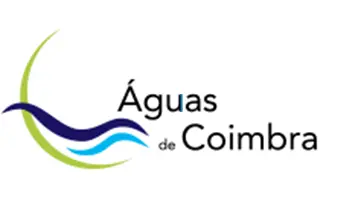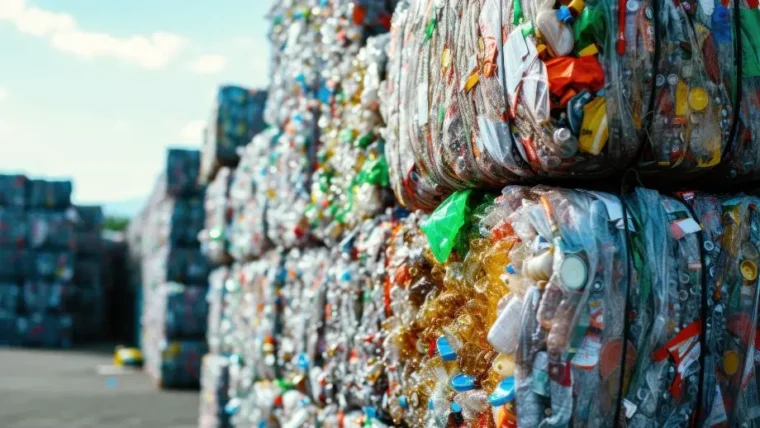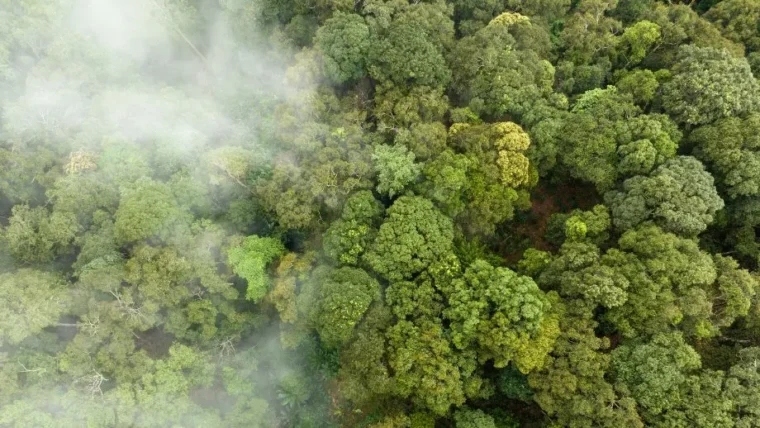MANTIS™
Contact our expert Dr Sonja Ostojin for more information.
What is MANTIS™?
MANTIS™ (Monitoring and Analytics to Improve Service)
Hand-operated pumps are the principal water source for more than 1 billion people in at least 40 countries but are often unreliable. When pumps stop working it is a serious problem for communities relying on them. MANTIS™ (Monitoring and Analytics to Improve Service) is a low-cost, low-power, easy-to-install remote online monitoring system that immediately alerts pump operators to inefficient and broken pumps and enables quick and efficient repairs.
EMS has teamed with Leeds Beckett University and VisualWind Ltd to produce a fully functional prototype MANTIS™ system, which is currently being deployed in Sierra Leone with the help of the local ‘Rural Youth Development Organisation’.
Why is MANTIS™ needed?
The UN estimates that 91% of the world’s population now has access to an improved drinking water source; this is up from 82% in 2000; but widespread inequalities persist within and among countries. Eighty percent of people still without improved drinking water sources live in rural areas.
Hand-operated pumps to lift water from wells are common throughout the developing world and are often installed by NGOs to provide an improved water source. Surveys show that many pumps (up to 65% in some African countries) have stopped functioning properly. US Aid estimates that broken hand pumps represent $1.5 billion of lost investment in Sub-Saharan Africa alone. A fit-and-forget approach for these pumps is not working.
Dr Andy Swan, Senior Lecturer, School of Built Environment & Engineering, Leeds Beckett University told us:
“The problems of broken water pumps in Sub-Saharan Africa are well documented, whilst the contributory factors are complex and multi-layered. It is hoped that the use of remote monitoring tools such as MANTIS, in place of physical site visits, may help address some of these problems and reduce the heavy time and resource demands on local stakeholders that are often associated with traditional monitoring strategies. As such, the MANTIS project could play an important role in improving WASH (Water, Sanitation and Hygiene) monitoring and might, in turn, help deliver universal access to safe and affordable drinking water by 2030, which represents one of the key targets of UN Sustainable Development Goal 6.”
Sustainable Development Goal 6.1 states that we shall achieve by 2030 “…universal and equitable access to safe and affordable drinking water for all.”
How does MANTIS™ work?
EMS, Leeds Beckett University and VisualWind have produced a hand pump monitor which is low-cost, always on, easily deployable, tamper-proof, and can be deployed without the need to re-power for many years. MANTIS devices report the operational status of hand pumps via SMS text message to an online platform. Messages are converted to an easily understandable visual representation of the location and usage pattern of the pumps.
Why is MANTIS™ different?
The MANTIS™ team has focussed on what is applicable from a requirements point-of-view to produce a monitor that is simple, low-cost, easily deployable and has longevity and appropriate visibility.
A new project, co-funded by the UK’s innovation agency – Innovate UK is helping us better understand the market for MANTIS™ and move toward producing the system at scale thus reducing production costs still further.
Related Case Study
Accreditations & Awards
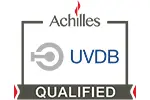
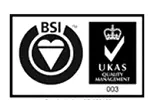
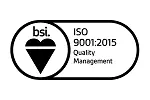
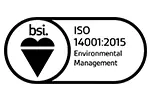
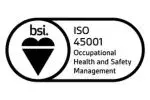
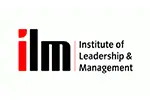


Related Insights

Fortnightly Bulletin - 22nd April 2024
The Environment Agency has published their action plan that sets out how they will reduce methane emissions in England.

